Update on Moldova: Political Turbulence
13 Apr 2023
Summary
Moldova goes through political turmoil as government resigns and allegedly Kremlin-linked opposition forces take people to the streets to protest high energy tariffs, stricter security measures, and the government’s support of Ukraine.
The new Moldovan government takes steps to distance itself from Russia, including passing a law outlawing separatism and withdrawing from dozens of treaties under the Russia-led Commonwealth of Independent States.
Prime Minister resigns
Natalia Gavrilița
Gavrilița was a supporter of Moldova’s EU integration EU, but remained skeptical towards NATO. She was an outspoken ally of President Volodymyr Zelenskyi. She resigned unexpectedly amidst allegations of Russian destabilisation plans, including hostage-taking and covert attacks disguised as rallies by local activists.
Moldova’s prime minister Natalia Gavrilița stepped down and her government resigned after 18 months of political and economic turmoil in the country, mostly connected to difficulties in relation to Russia’s invasion of Ukraine. She has been succeeded by former interior minister and President Sandu’s defense adviser, Dorin Recean.
The collapse of Gavrilița’s government comes amid speculations of a sustained destabilisation campaign by Russia and pro-Russian forces inside the country, which has likely fueled frequent protests between August and February 2022.
A recent statement by Russian Foreign Minister Sergey Lavrov that NATO and the West would be interested in repeating a ‘Ukraine scenario’ in Moldova, further fuelled speculation of possible Russian aggression. Ukrainian President V. Zelensky’s announced in Brussels that he and his secret services have shared with his Moldovan counterpart intercepted Russian plans to destabilize Moldova on 9 February. Ukraine deployed additional armed forces at the border with a Moldovan break-away region of Transnistria.
The reshuffle of the government was announced just hours after Russian missiles flew over Moldovan airspace and is believed to be motivated by the desire to focus more on security measures in relation to the war in Ukraine. On 10 February, during Russia’s most recent large-scale cruise missile attacks against Ukraine, two Kalibr rockets crossed into Moldova violating Moldovan airspace — not for the first time. Since the beginning of this invasion in February 2022, debris of Russian missiles landed several times in Moldova, such as in mid-January 2023, in December and in October 2022.
Already following Gavrilița’s resignation, Foreign Minister Nicu Popescu announced Moldova’s withdrawal from ‘dozens’ of some 330 treaties that make up for Moldova’s membership in the Russia-led organisation bringing together post-Soviet states, Commonwealth of Independent States. It’s an indication that the new government is going to maintain its strongly pro-Western course.
Political tensions grow
President Sandu announced new laws equipping intelligence services ‘with the necessary tools to more effectively combat risks to the country’s security’, which prompted angry reactions from the Gagauz minority and influential pro-Russian communist party.
GAGAUZIA
The autonomous region is often considered a gateway for Russian influence over Moldova, as the minority there is mostly Russian speaking and their leaders showed pro-Russian affiliations in the past. In 1990, during the dissolution of the Soviet Union, Gagauzia declared independence, but was peacefully integrated into Moldova in 1994.
Deputy chair of the oligarch-linked Șor Party, Marina Tauber called the opposition to jointly protest against the government. The party’s founder Ilan Șor was convicted of fraud in 2017 over the theft of about $1 billion from three Moldovan banks in 2014, and is known for his ties with the Kremlin. According to information by the US Treasury, Șor is involved in coordinating with other Moldovan oligarchs in destabilising actions against the government, fuelling political unrest in Moldova.
Mass protests organised by Șor party on 28 February resulted in clashes with police. Protesters were demanding the government to fully subsidise citizens’ winter energy bills and to ‘not involve the country in war’. Prior to Russia’s invasion, Moldova relied 100% on Russia for gas. Russia’s reduction of gas supplies to Moldova sparked an energy crisis and increased tariffs. Moreover, as Moldova’s Soviet-era energy systems remains interconnected with Ukraine’s, power outages in Ukraine’s south leave numerous households in Moldova in the dark as well.
Among other troubles, the country is dealing with an inflation currently at around 30%, and support of refugees from Ukraine while large parts of the Moldovan population face risk of poverty themselves.
Law on separatism
Heated political and societal discussion emerged from the Moldovan parliament adoption of a law outlawing separatism on 2 February. The law was supported by around 60% of the parliament.
The current version of the law proposes imprisonment and huge fines for creating illegal information structures, calls for separatism, establishment of a foreign state, and espionage for a foreign state.
The debate around the law poses also a challenge to the fragile ceasefire between Moldova and the internationally unrecognized breakaway region of Transnistria.
The unrecognised parliament of Transnistria protested against the law, and declared Chișinău’s actions ‘an act of aggression aimed at undermining the negotiation process’, and a ‘pretext for human rights violations. Moldovan authorities, try to alleviate the tension by emphasising that the law will not affect the majority of Transnistria’s residents, public administration, NGOs, and companies.
TRANSNISTRIA
Transnistria declared independence following a 1990–1992 war, and currently stations about 1,500 Russian soldiers. Roughly 220,000 of Transnistria’s 300,000 inhabitants hold Russian passports.
Trends to watch
New political announcements
Anti-government demonstrations
Security incidents in relation to Russia’s invasion of Ukraine
Role of oligarchs in Moldova
Debate on legislation on separatism
Relations and peace process with Transnistria




